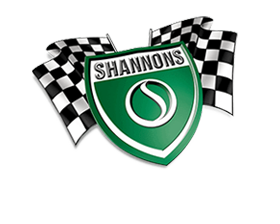1958 Jaguar MK1 3.4 SE 'Manual' Saloon - From the 'Ian Cummins Collection'
Sold: $76,000
Specifications
| Engine | In-line six-cylinder, 3.4Lt |
|---|---|
| Gearbox | 4-speed manual and overdrive |
| Body Work | Saloon |
| Colour | Cornish Grey |
| Interior | Red |
| Trim | Leather |
| Wheels | Spoke |
| Brakes | Disc/disc |
Description
Complementing the sporting XK and luxurious Mark VII models, Jaguar began the development of a new range of compact sports saloons in the early 1950s, becoming the first car built at Browns Lane to use monocoque construction. With fluid, aerodynamic styling (accentuated by the rear wheel spats normally fitted), the new model was unmistakably a Jaguar, the ‘Leaping Cat’ mascot sitting proudly above the grille. Using a de-stroked version of the engine that powered the C-type and D-type to multiple Le Mans victories, the Jaguar employed independent front suspension via coil springs and wishbones, while the live rear axle was located by a Panhard rod, radius arms and semi-elliptic leaf springs. Girling shock absorbers and Lockheed drum brakes were fitted all round. The original 2.4-litre model, launched at the 1955 Motor Show, was followed by the 3.4-litre aimed primarily at the US market in February 1957. By this stage the long list of available options included a Laycock de Normanville overdrive, close ratio gears, Borg-Warner automatic transmission, disc brakes, stiffer dampers and a high-ratio steering box, while the 2.4-litre version - as offered here - was available with three stages of tune; Stage One used revised carburettors and straight-through exhaust to lift power to 119 bhp, while Stage Two added high-lift camshafts and a new distributor for 131 bhp. The most powerful Stage Three used a B-type head, 1 ¾-inch SU carburettors and twin exhausts for a healthy 150 bhp power output. The 2.4-litre and 3.4-litre Jaguars successfully established a niche market for a sporty, stylish four-door with features typically found on much larger luxury automobiles. Retrospectively termed the Mark I, these cars set new sales records for Jaguar and a great many were exported, including a fair number to Australia. Of the approximately 20,000 thousand 2.4-litres made, the vast majority were sold to right-hand drive markets, with the Americans preferring the bigger capacity 3.4-litre model.
























